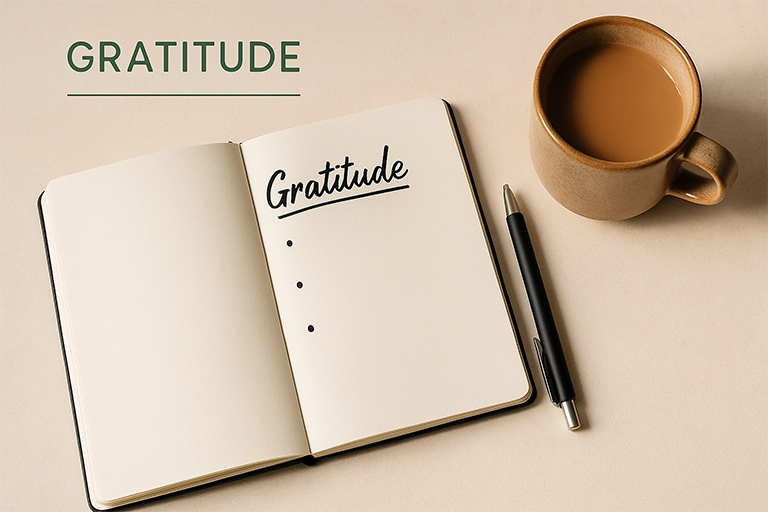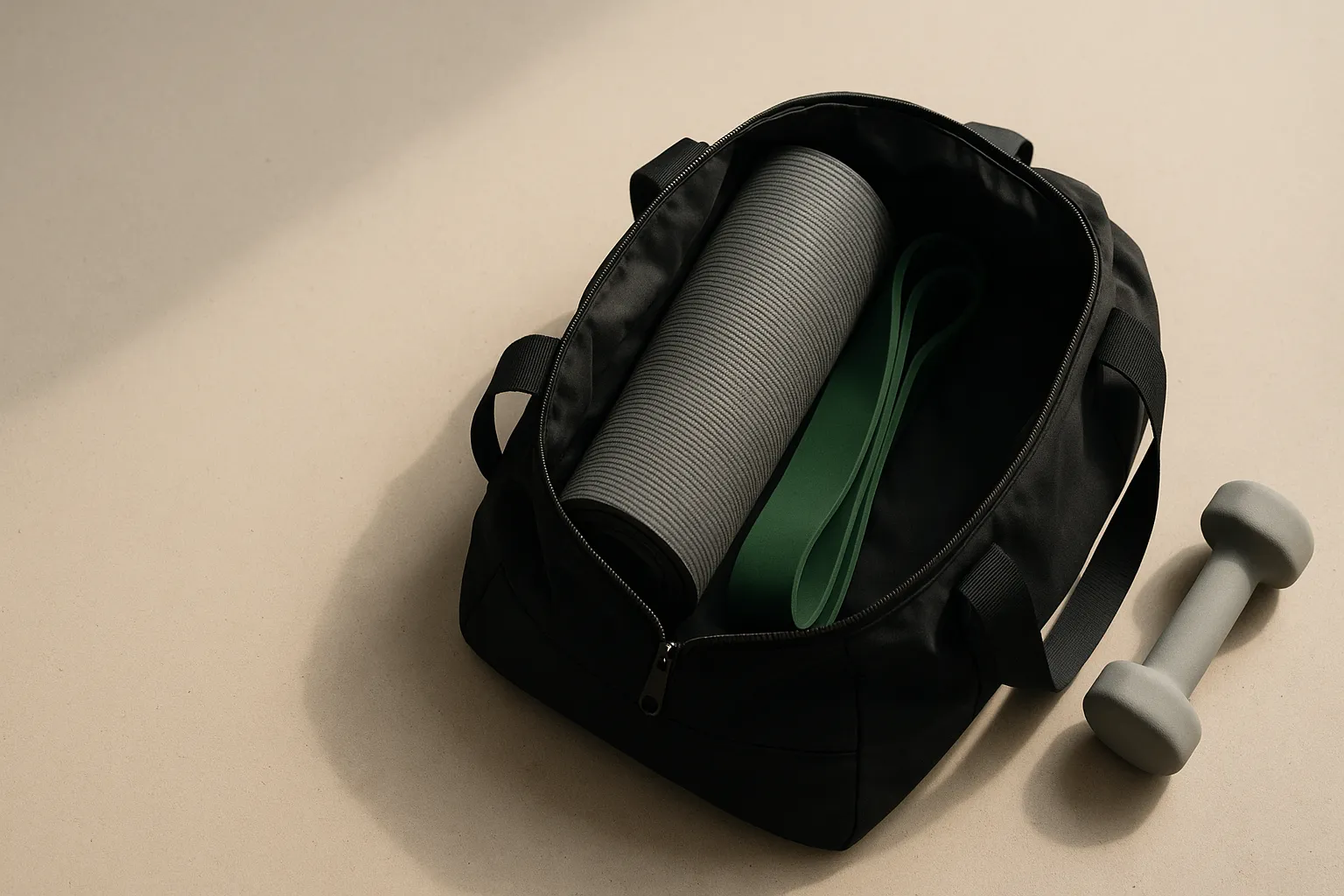Gratitude can feel like a greeting-card word—nice, but flimsy. In practice, it’s closer to bookkeeping. You keep a small, honest ledger of things that went right, even on uneven days, and the numbers add up.
Write down three specifics: not “family,” but “the way my son laughed at breakfast.” Not “health,” but “the 15-minute walk I didn’t want to take but did anyway.” The point isn’t to cancel the hard parts; it’s to keep them in proportion. Our brains are brilliant at tracking threats and almost bored by the ordinary good. A tiny daily correction changes the emotional average of your week.

After a while, gratitude stops being a task and becomes a lens. You start catching small moments in real time. The coffee’s a little better. The meeting is still a meeting—but one idea was useful. You don’t become naïve; you become calibrated, which is a different kind of strength.

Ready to turn what you just learned into a plan you can follow?
KeyMacro creates simple, high-protein weekly meal plans in seconds — no tracking, no overwhelm, no complicated decisions.
Start your first plan today.
















